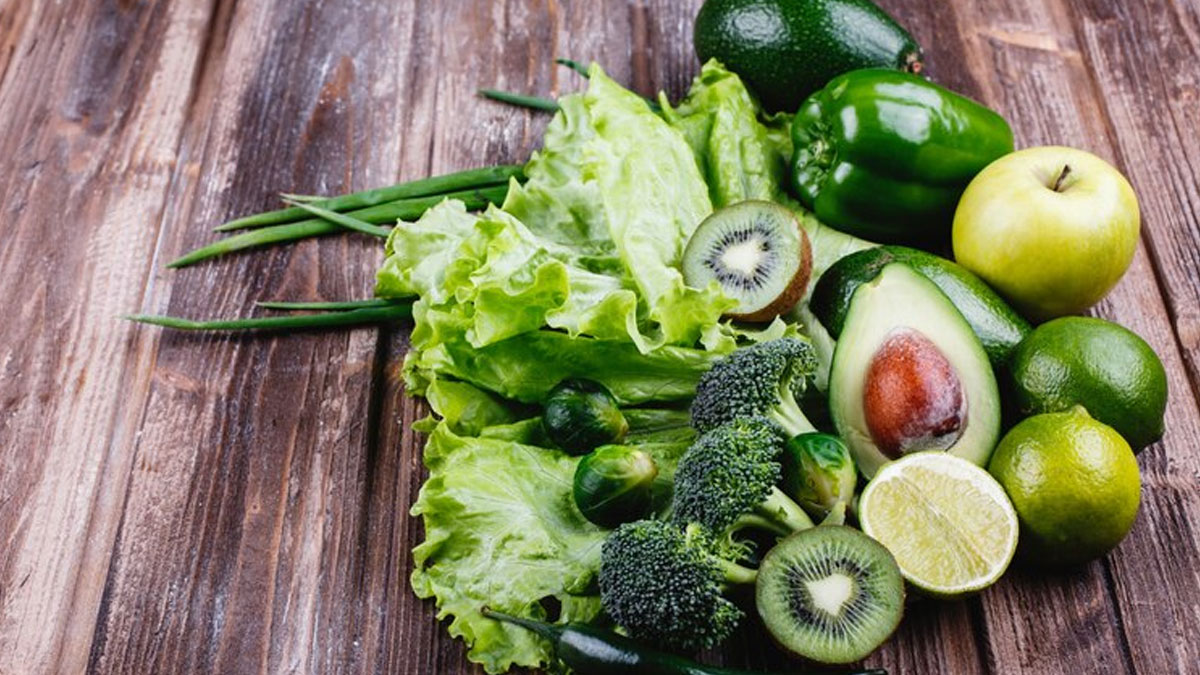
Monsoon is a season of rejuvenation and renewal, a time when nature flourishes with fresh life. But along with the rains, come several myths that often cloud our judgement, especially when it comes to consuming green vegetables. Let’s debunk these myths with expert inputs from Nidhi Nahata, Nutritionist and Founder- Justbe by Nidhi Nahata and embrace the wisdom of nature, which offers these greens not just during monsoon, but throughout the year.
Table of Content:-
Myth 1: Green Vegetables Are Unsafe During Monsoon
Fact: It’s often said that green vegetables are unsafe to eat during the rainy season due to the increased risk of contamination. However, let’s consider the deeper wisdom of nature. Green leafy vegetables absorb chlorophyll—a potent life force that powers photosynthesis and is packed with fibre and nutrients our bodies are designed to thrive on. Nature has designed these greens to be nourishing for us, and if they were harmful, they wouldn’t thrive during every season. The key lies in understanding that nature’s intelligence far exceeds human interpretation. By properly washing and cooking greens, we align with this natural wisdom and can safely enjoy their benefits even during monsoon.
Also Read: 7 Benefits Of Leafy Greens For Better Blood Sugar Control
Myth 2: Green Vegetables Can Cause Upset Stomach in Monsoon
Fact: There’s a belief that green vegetables can lead to upset stomach during monsoon, but this myth overlooks the innate design of these plants. The fibres in green vegetables not only aid in digestion but also cleanse the body from within, removing toxins and supporting a healthy gut. Our digestive systems are well-equipped to process these fibres when the vegetables are prepared mindfully. Cooking greens thoroughly and ensuring they’re well-cleaned before consumption helps us harness their full potential, allowing our bodies to benefit from the nutrients they offer.

Myth 3: Leafy Greens Lose Their Nutritional Value in Monsoon
Fact: Some believe that green vegetables lose their nutritional value during the monsoon due to increased moisture. However, this is a misconception. The truth is that green leafy vegetables remain nutrient-dense, no matter the season. Nature wouldn’t allow these plants to grow abundantly if they didn’t serve a purpose for our health. The vitamins, minerals, and antioxidants in greens are preserved when they’re stored and cooked correctly. Instead of fearing moisture, we should focus on how we can best prepare these vegetables to retain their nutrients.
Myth 4: Only Frozen or Canned Green Vegetables Are Safe in Monsoon
Fact: While frozen or canned vegetables might seem like a safer option, the reality is that fresh green vegetables are what our bodies need to stay vibrant and healthy. Nature grows these plants in abundance year-round because they are designed to fuel and nourish us. Fresh greens are alive with more than just nutrients—they carry the life force of the earth. Washing them thoroughly and cooking them properly is all that’s needed to make them safe to eat, and their natural, unprocessed state offers far more benefits than their frozen or canned counterparts.
Also Read: Are Frozen Foods Good For Health?
Conclusion
Green vegetables are a testament to nature’s wisdom, offering us everything we need to maintain health and vitality, especially during the monsoon. By understanding the intelligence behind these plants, we can dismiss myths and embrace the nourishment they provide. Remember, nature wouldn’t waste energy growing something that isn’t meant for us. So, let’s trust in nature’s design and enjoy the vibrant greens that are here to support our well-being.
Also watch this video
How we keep this article up to date:
We work with experts and keep a close eye on the latest in health and wellness. Whenever there is a new research or helpful information, we update our articles with accurate and useful advice.
Current Version
